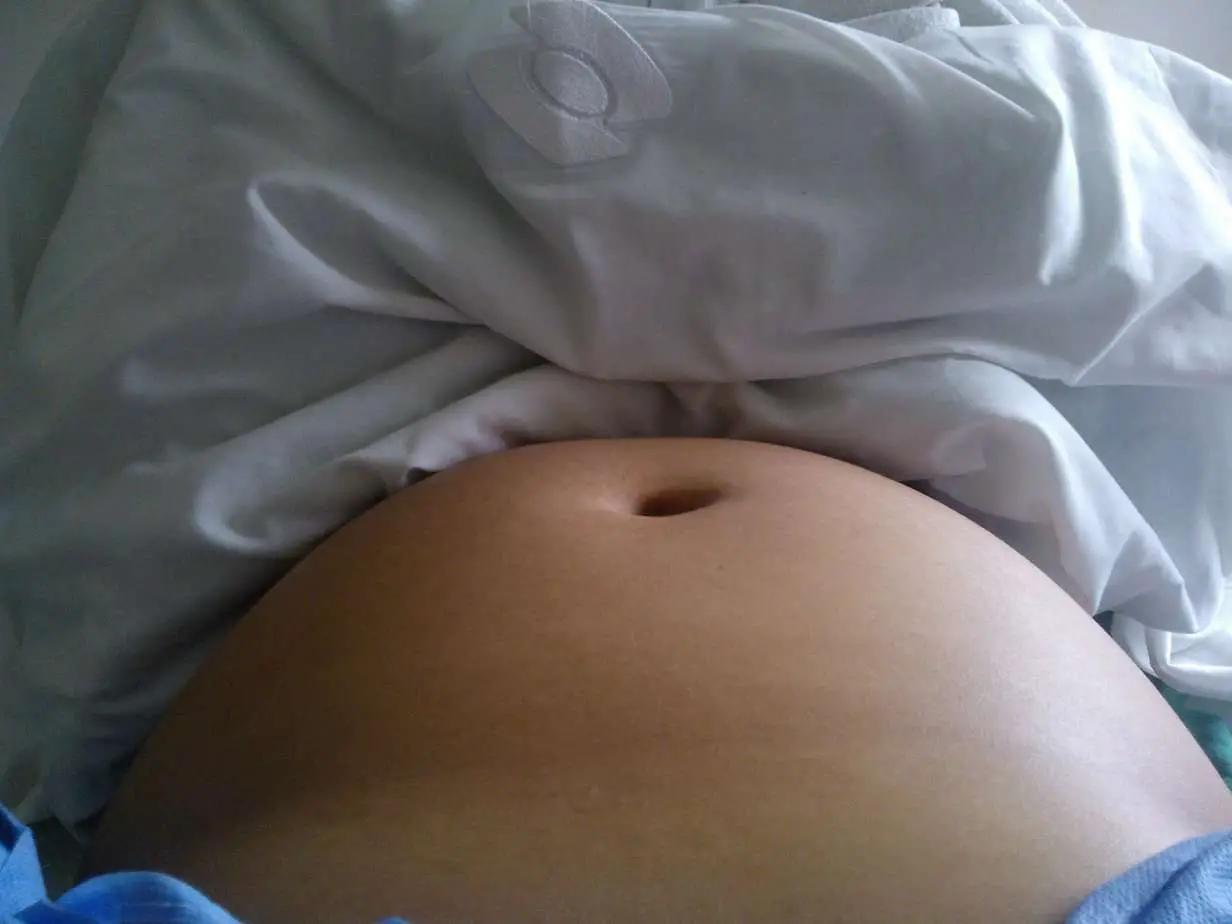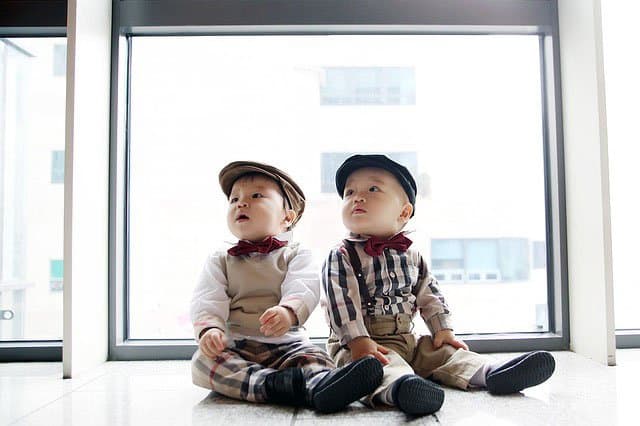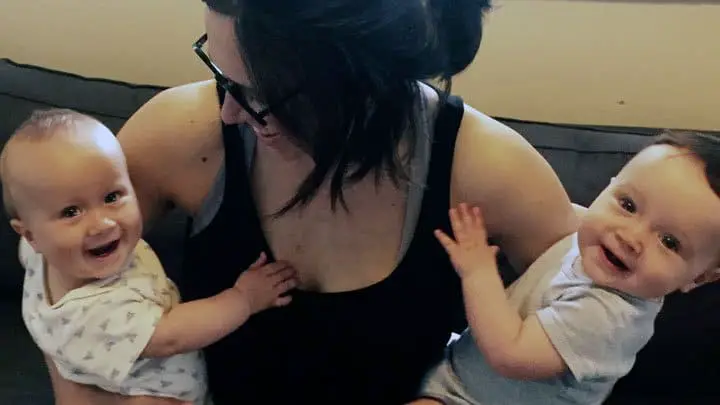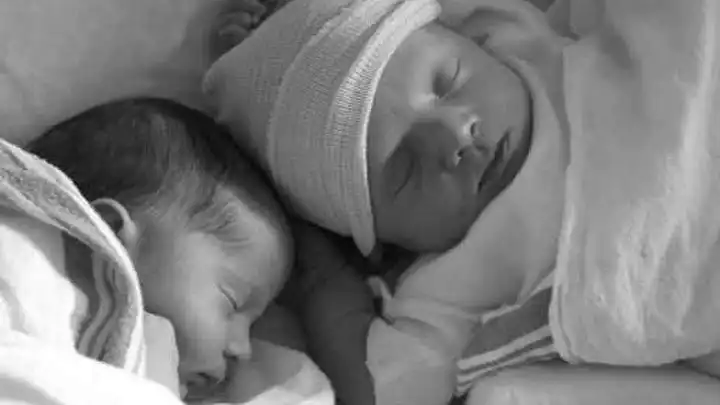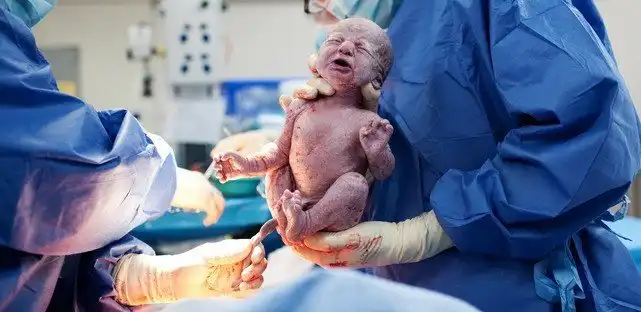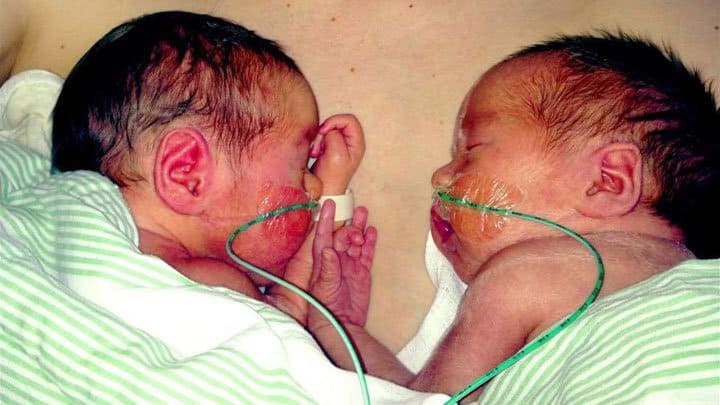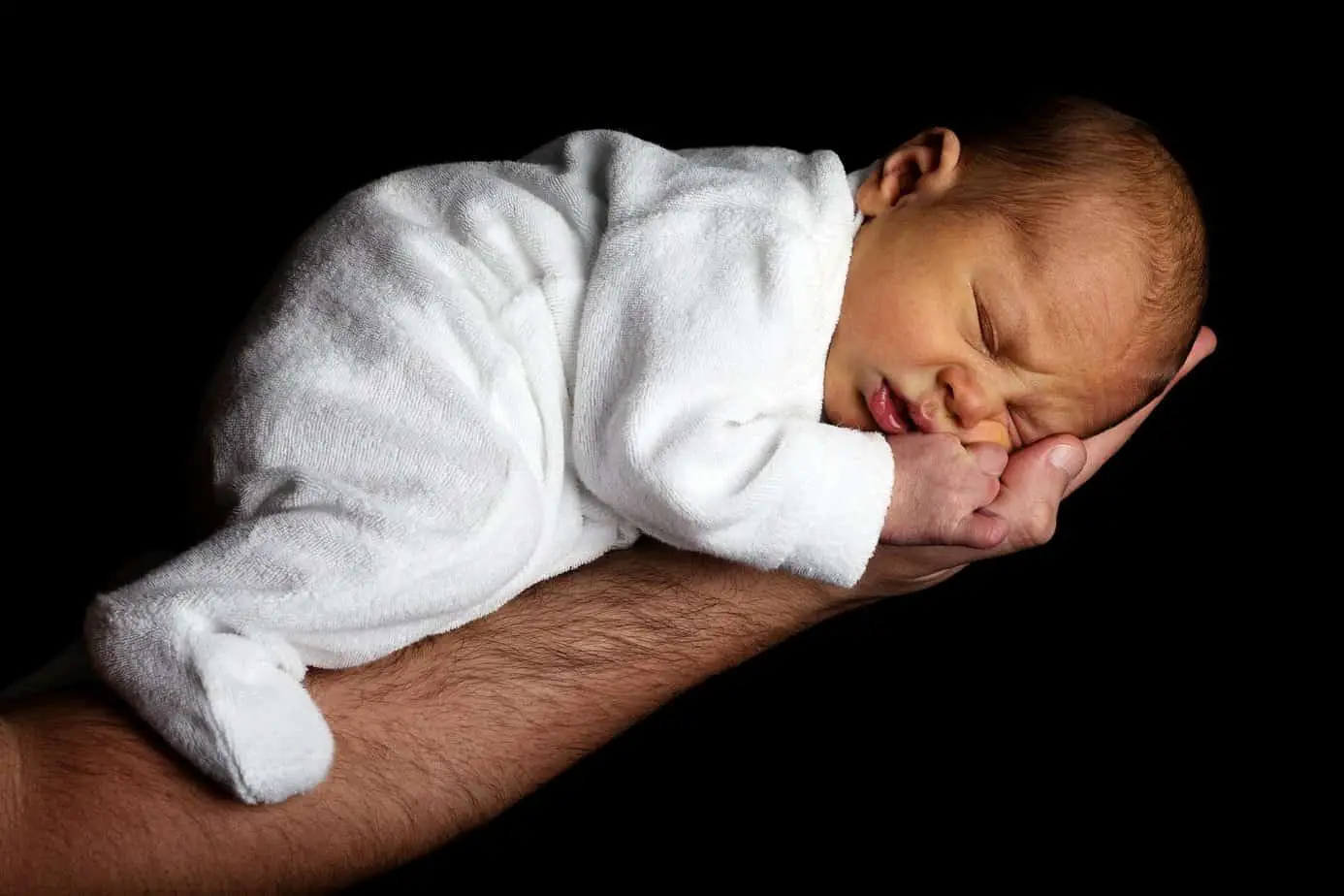21 Weeks Pregnant With Twins: Fraternal & Identical
At 21 weeks pregnant with twins, you may have begun wondering about breastfeeding twins, and how you’ll be able to manage. You might also think about the delivery and how and when you’ll give birth.
Some women benefit from making a twin birth plan. Whether or not you’ll be able to give birth vaginally depends on the course of your pregnancy, and how you and your babies are doing.
It also matters how your babies are positioned in your womb, whether or not you’re expecting fraternal or identical twins, that share a placenta, and the culture of the hospital and country you’ll give birth in.
Pregnancy diet, nutrition & prenatal vitamins
It will not affect your milk production or ability to breastfeed later whether or not you experience leaking colostrum during pregnancy. The same applies to the size and shape of your breasts.
If you are bothered by acid reflux and heartburn, you could try natural antacids and heartburn remedies like for instance peppermint and milk. Avoid fatty and spicy foods.
Also, remember taking an iron supplement. This helps with your blood loss when giving birth and also prevents anemia during pregnancy.
Ultrasound at 21 weeks
You should have the anomaly scan this week if you haven’t had it already. This is an ultrasound scan to check that your babies are growing and developing as expected.
The sonographer will examine all organs and take measurements. This is also the scan where it’s possible to look for the sex of your babies. Let the sonographer know whether or not you’d like to know their genders.
Fraternal & identical twins ultrasound
If you’re expecting monochorionic twins, you should be monitored more regularly than women pregnant with dichorionic twins. Monochorionic twins are identical twins that share a placenta.
Dichorionic twins are twins with separate placentas. All fraternal twins have separate placentas. About 1/3 of identical twins have separate placentas as well.
Identical twins that share a placenta are more at risk during pregnancy and birth. They are at risk of conditions like Twin to Twin Transfusion Syndrome and weight inequality due to the shared placenta. They are four times more at risk of low birth weight compared to dichorionic twins.
Women pregnant with dichorionic twins have a higher probability of giving birth vaginally and carrying them to term compared to women pregnant with monochorionic twins.
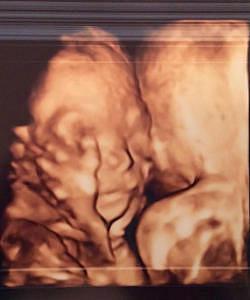

Twins hugging at 20+1 weeks. Same twins hugging a few years later.
Baby size & development
When you’re 21 weeks pregnant with twins, they will measure approximately 26,5 centimeters (10.43 inches) from crown to heel. Your baby’s kidneys and urinary tracts are working.
They have the important function of keeping the amniotic fluid volume normal. The babies are drinking the amniotic fluid and the kidneys excrete it again.
Your baby’s sense of touch is still under development. They’re examining their surroundings with their hands and putting fingers and toes in their mouths.
Your babies are receiving information about the world and about themselves through the sense of touch and are having new experiences continuously.
Pregnancy symptoms & belly pictures
Some women suffering from hyperemesis gravidarum– excessive nausea and vomiting – an experience that some of the symptoms improve around this week. Other symptoms you may experience are:
- Acid reflux and heartburn. That can be caused by your uterus taking up quite a lot of space in your stomach. There is medication you can take to remedy this, but you may also benefit from changing your diet.
- As your uterus grows, it will stretch the skin on your abdomen which can cause itching. A good, rich cream can relieve this.
- No need to worry if you feel no movement yet. Not all women feel their babies kicking at 21 weeks pregnant with twins. It depends partly on how the placenta(s) is positioned.
- You may experience leaking a little colostrum from your breasts. It’s a yellowish or clear fluid and full of antibodies and immunoglobulins. It will be the first milk your babies drink after you’ve given birth. When your milk supply increases, it changes from colostrum to breast milk. This usually happens a few days after birth.
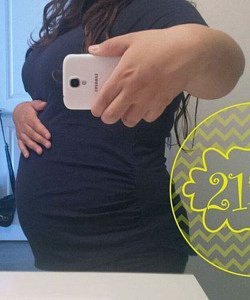
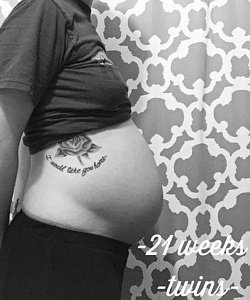

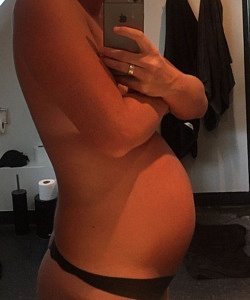
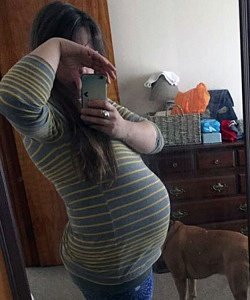

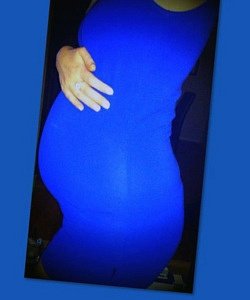
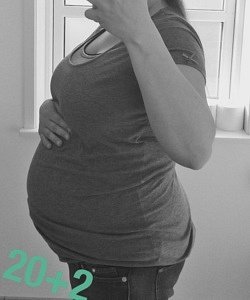

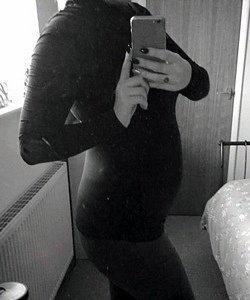
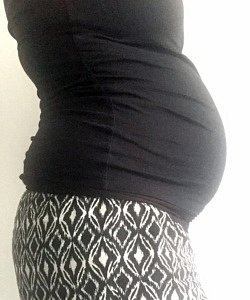


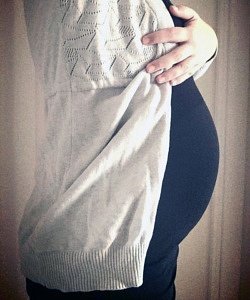
Previous week – 20 weeks pregnant with twins
Next week – 22 weeks pregnant with twins
